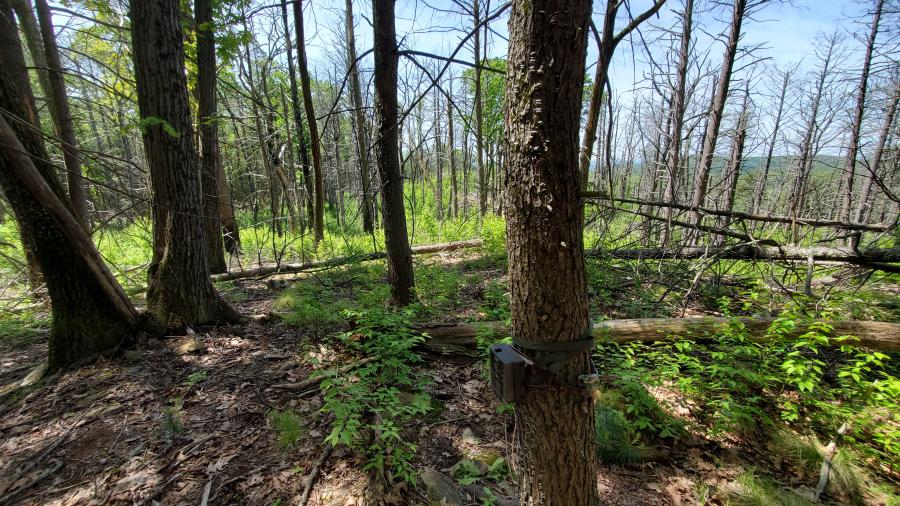Educators from the Cherokee, Muckleshoot, Native Hawaiian, Ojibwe, and other tribal language programs across Indian Country met for two days this week in the Senate Dirksen Building and at the U.S. Department of Education to press federal officials to uphold provisions in the 1990 Native American Languages Act (NALA) that have been undermined by No Child Left Behind—particularly, testing requirements that penalize Native language schools and teachers for providing students with Indigenous language instruction across all subject areas.
“NALA already says we have these rights, but it hasn’t been used [and isn’t accepted by state education departments],” Dr. William H. “Pila” Wilson told the acting head of the Office of Indian Education and the general counsel for the U.S. Department of Education. Wilson is the founding chair of Ka Haka ‘Ula O Ke’elikōlani College of Hawaiian Language at the University of Hawai’i at Hilo, that works with a consortium of 22 Hawaiian language immersion schools throughout the state. “It’s a human right to be able to go to school in your own language,” he said, citing the UN Declaration on the Rights of Indigenous Peoples [Article 14].
Ryan Wilson, Oglala Sioux tribal citizen, and president of the National Alliance to Save Native Languages, organized the annual language summit to bring top officials from the U.S. Departments of Education and Interior, members of Congress and their staffers into direct dialogue with immersion school program directors and Native language advocates. Cultural Survival is a member organization of the Alliance.
Summit attendees also urged Congressional appropriators to target more funding in FY2011 from the Administration for Native Americans toward language immersion schools and programs that create language fluency skills in children.
Read more coverage of the summit in Education Week:



